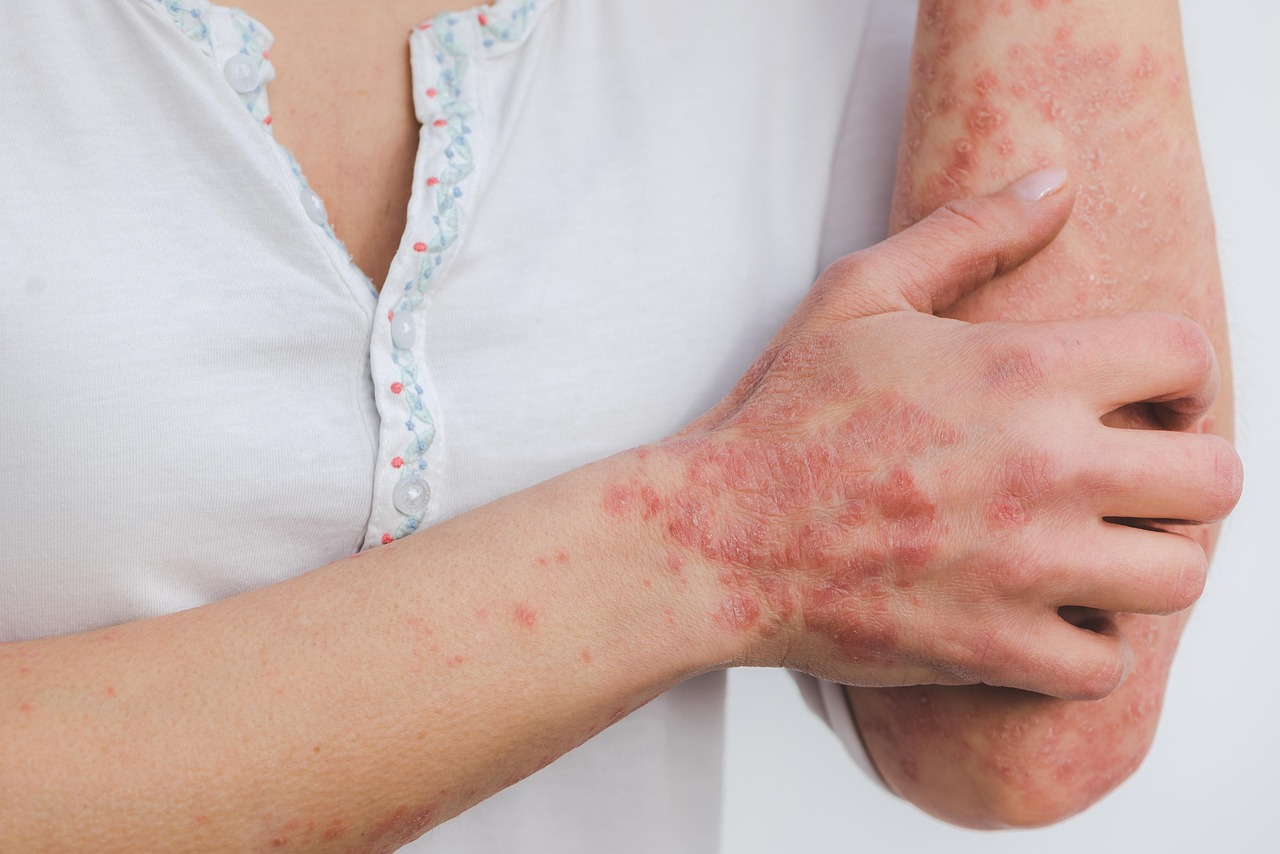How autoimmune conditions can affect intimate health

Autoimmune diseases arise in patients whose immune systems wrongly attack healthy body cells. Although these diseases can affect multiple organs and systems, some individuals tend to overlook chronic conditions when discussing personal health. Sensitive areas, such as those harmed by inflammation, tissue damage, and immunological responses, can lead to pain, suffering, and changes in quality of life. All of these elements can help to cause damage. Chronic immunological diseases might make it difficult to have sexual activity, maintain healthy genitals, and lead a regular life.
Knowing how to treat sclerosus properly helps to prevent long-term problems and preserve intimate health. Lupus, lichen sclerosus, and Sjögren’s syndrome harm vaginal membranes and skin. These result in dryness, discomfort, and scarring. Ignored, these symptoms can deteriorate with time and compromise physical comfort, relationships, and self-esteem. Acknowledge the signs and seek early treatment to maintain personal confidence and health.
Usual and early warning signs
Private autoimmune diseases could begin modestly. Without notice, normal activities could cause patients’ skin to become red, dry, or painful. Symptoms can, over time, be obvious skin changes, fissures, or extreme pain. If left untreated, lichen sclerosus can lead to thinning, whitening, and damage of the vulvar skin, potentially resulting in significant scarring. These symptoms might make it difficult to create sexual interactions, maintain cleanliness, and feel good, which could cause discomfort and poor health.
Effect on mental and emotional health
Apart from the symptoms, autoimmune diseases affect people’s health in additional ways. Discomfort and genital changes cause many patients to worry, feel sad, or have body image issues. Common feelings include a fear of close relationships, annoyance with ongoing symptoms, and feelings of loneliness. These emotional duties can be as crippling as physical ones without appropriate mental assistance. Dealing with these problems and preserving emotional health depend on open communication with mental health professionals, spouses, and medical providers.
The importance of early diagnosis and targeted treatment
Early detection of autoimmune diseases can reduce their severity and progression. Regular checkups can help detect concerns early, especially in patients with autoimmune conditions. Start topical corticosteroids or immunomodulators for lichen sclerosus immediately to reduce symptoms, preserve skin health, and prevent tissue damage. Doctors and nurses recommend mental health professionals, gynaecologists, and dermatologists for optimal treatment. This comprehensive approach addresses both physical and emotional manifestations of the condition. Patient-specific treatments improve long-term outcomes and quality of life.
Long-term management techniques
Those with autoimmune diseases must be vigilant and take action. Avoiding skin irritants, using mild skin care products, and following prescriptions all help support immune regulation. Therapy, counselling, or support groups provide emotional assistance that can assist with adjusting to chronic illness. With appropriate therapy and honesty, autoimmune sufferers can keep their health and relationships.
Conclusion
Although early diagnosis, medicine, and care can prevent major consequences, autoimmune illnesses can still damage human health. Learning how to manage sclerosus and other inflammatory diseases will enable patients to maintain their health and quality of life. You can only heal by addressing physical and mental problems. This procedure increases confidence and resilience in every aspect.
The editorial unit

























Facebook
Twitter
Instagram
YouTube
RSS